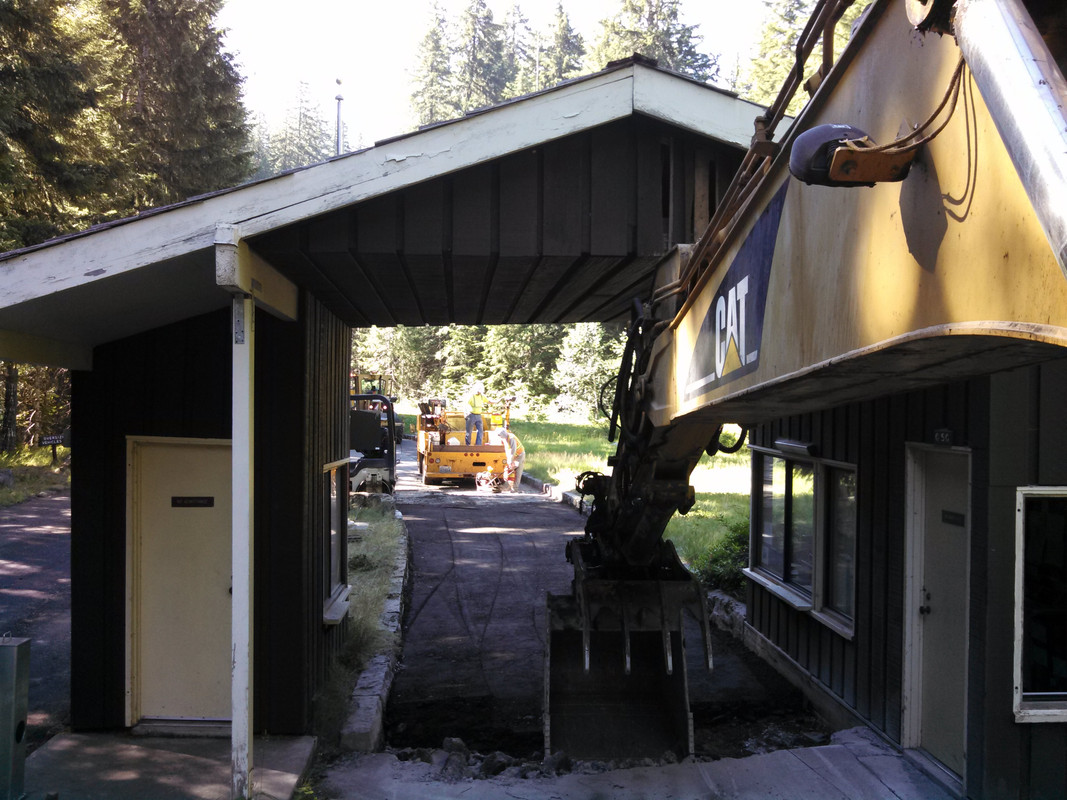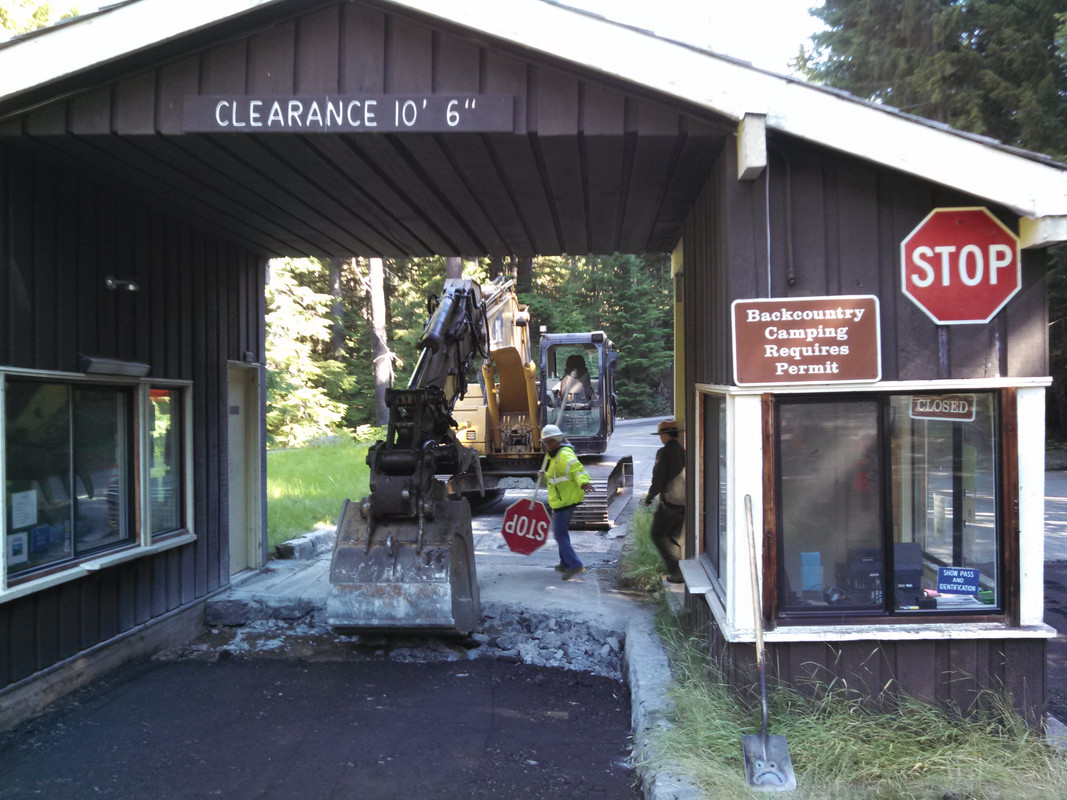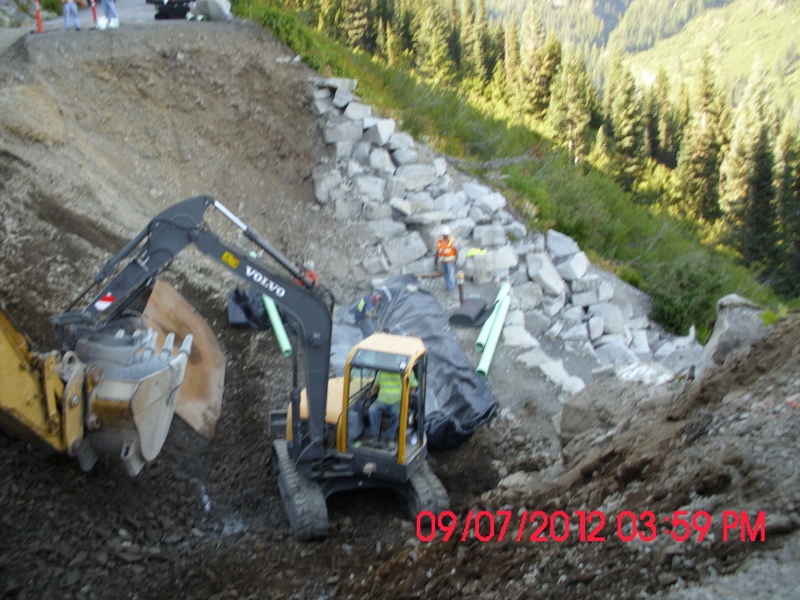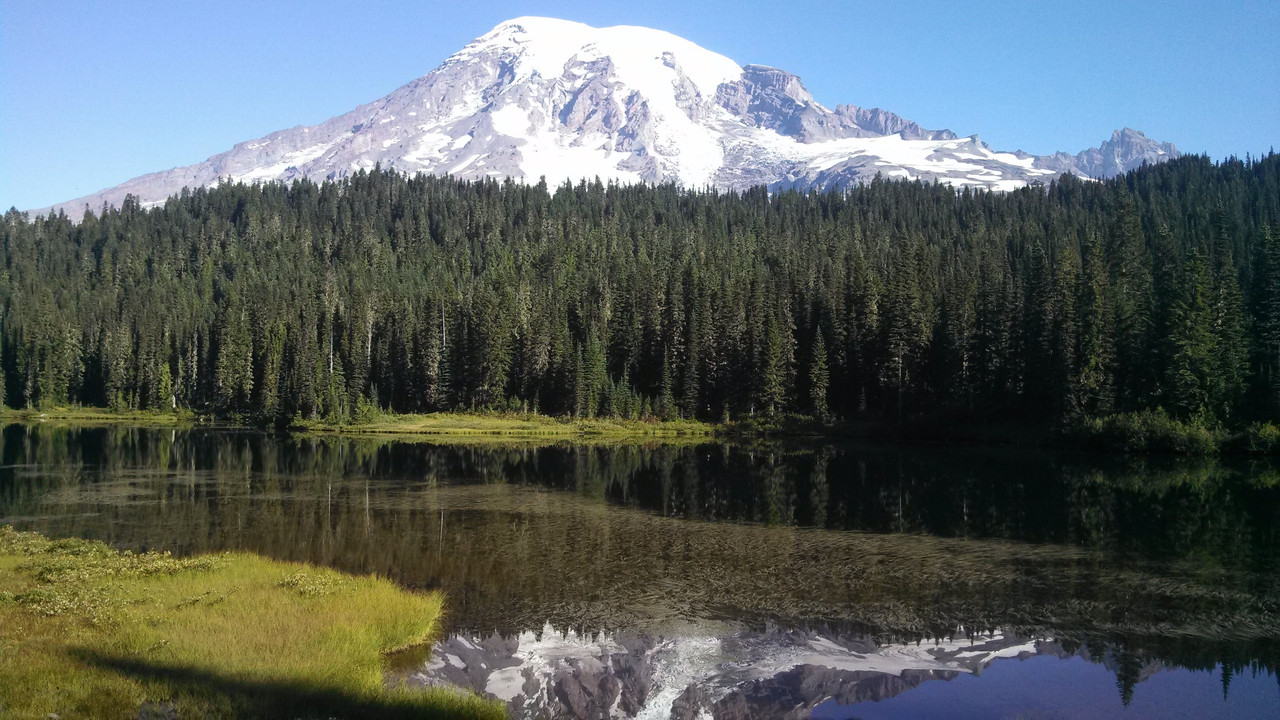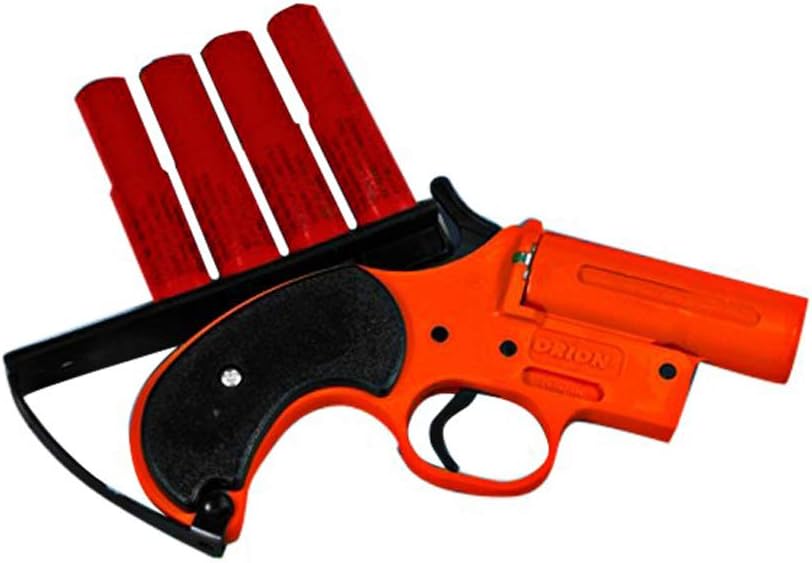Koolau
Give me a museum and I'll fill it. (Picasso) Give me a forum ...
We put 215,000 miles on a Class B (Roadtrek) RV in 12 years. Our last trip was in September 2019 because of the Pandemic.
The big advantage I found with that size is it can go anywhere a car can... well, except height -- no parking structures or drive-thrus.
Ours had everything a big RV has -- shower, refrigerator/freeze, queen bed, generator, propane, etc.
The Class B RV is limited in space, however, and if there are two of you, it can be a strain for some.
Anyway, bottom line is: it doesn't matter what you buy the important thing is the adventure. We visited every state and I wouldn't have missed it for anything.
Friend who beat me out the door at Megacorp decided to full-time in an RV. He sold the house and off they went. When he stopped back through months later, he liked to say "A 45-year married couple sold their 3000 SF house to live in a 180 SF RV and drive all over the country. What could possibly go wrong?" YMMV

